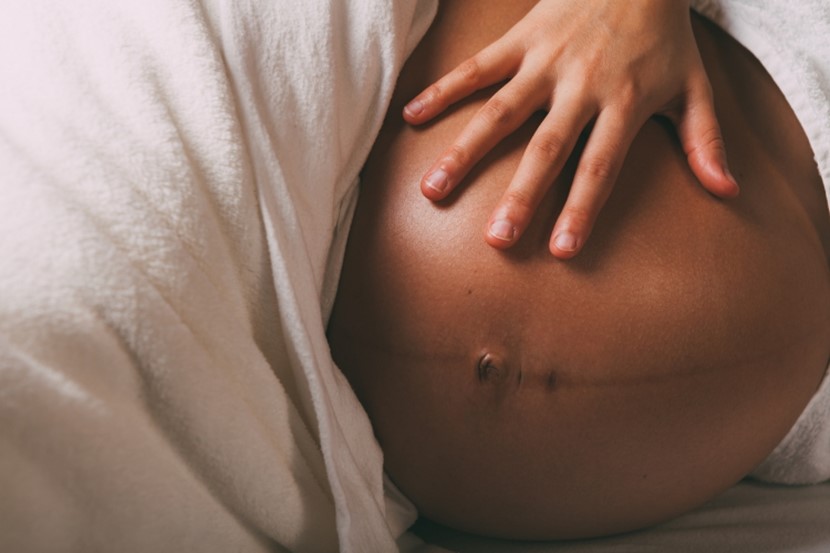What you need to know if you're using massage for labour pain relief

Massage through labour can be a very effective way to avoid medical pain relief... or it can be precisely what drives you to the epidural! It's not the fact that you're being massaged in labour that reduces the experience of pain and discomfort, but the quality of massage you receive that counts and how you've prepared yourself for the big event. Want to know more?
Massage, as anyone who's had one will tell you, is deeply relaxing. However, if you get a masseuse/masseur who's feeling stressed and anxious with inexperienced hands, and not sure just how much pressure you require, you will be left feeling far from relaxed. It is vital during labour and childbirth that if you receive a massage from anyone, you must feel comfortable with them and they must feel comfortable and confident to be massaging you. Any feelings of anxiety, excitement or stress will be passed directly on to you and may cause your labour to slow down and even stop.
It's quite unfair to expect an expecting father or family member to be able to give you the perfect massage during labour with the only practise being in the antenatal class. If you're going to use massage during labour you must practise as much as you can before the big day your baby is born and for you to give feedback on pressure, "speed" and confidence. A confident hand is relaxed, and the pressure you feel should be comfortable and without pain. The slower the massage the more relaxing it will be for you.
The best tips I can give you here on massage during labour is to stroke from the top of the neck all the way down the spine to the tail bone. Simple! Labour massage shouldn't involve anything complicated or "random". Keep it repetitive and stay away from kneading into tight knots. If you step off the path of repetitive strokes and try anything fancy you're likely to over stimulate the neo-cortex (the intellectual part of the brain that inhibits labour when stimulated) and may cause the labour to slow down.
Think back to what your mother used to do to soothe you when you were upset as a child. If this still gives you comfort you can ask your masseuse/masseur to do this for you. For instance, stroking the forehead or stoking down the hair may ease your spirit and help you relax at a time when you may be feeling fearful.
Benefits of massage through labour with an experienced labour masseuse
- Reduce the need for induction, epidurals and episiotomies
- Reduce the experience of pain
- Help to relieve back labour (when the baby is facing the wrong way)
- Reduce tearing during crowning of the baby's head
- Increase the speed of cervical dilation
- Lower stress levels
- Increase awareness of the birth of your baby
- Reduce the likelihood of caesarean birth
- Shorten labour times
Top tips in the birthing room:
- If you want to use essential oils to help you through labour, put a couple of drops of clary sage or lavender into a tissue for you to inhale. If you don't like the smell, then don't use it.
- Don't burn oils in the room or use oil to massage the body because this will then be there for the whole birth and you might not like it in an hour or so.
- Only massage a labouring woman if she asks you to so as not to disrupt her focus.
- A woman may enjoy massage at one point through labour, but not want any touch for another part of her labour. Don't take this personally -- it's all part of her process and has nothing to do with your relationship or skills.
Labour is the final stage of pregnancy, but just like any event, you need to prepare for it. Getting your body birth-fit is vital if you want to enjoy the birth of your baby and reduce the levels of discomfort and complications you may experience. Massage may help you on your way to having a relaxed, fulfilling and positive birthing experience.
| Samantha Thurlby-Brooks is an internationally renowned advanced specialist in pregnancy, labour and postnatal massage and childbirth educator. She offers free essential information on pregnancy and birth on her website www.mumanu.com |

